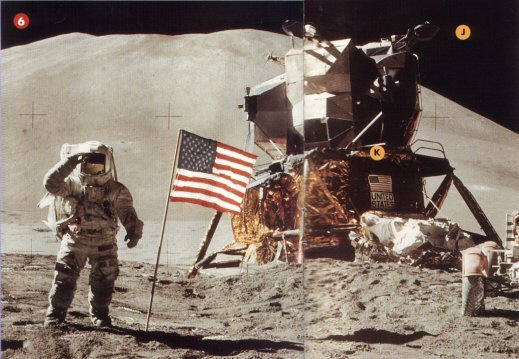
James Gosling, the notable programmer who founded Java at Sun Microsystems, has joined Google, a company locked in a lawsuit over how the technology is used in Android.
Gosling announced his new Google employment today on his blog. "I don't know what I'll be working on. I expect it'll be a bit of everything, seasoned with a large dose of grumpy curmudgeon," he said.
When Oracle acquired Sun Microsystems last year, Gosling decided not to join.
Oracle's ways evidently didn't agree with Gosling. He called Oracle Chief Executive Larry Ellison "Larry, Prince of Darkness." And, he said, "During the integration meetings between Sun and Oracle, where we were being grilled about the patent situation between Sun and Google, we could see the Oracle lawyer's eyes sparkle."
Oracle sued Google for patent and copyright infringement concerning how Android uses software called Dalvik that's very similar to Java. A prime benefit to using Java is that it shields programs from the differences of underlying hardware, such as different processors, letting a single program run on a variety of computing devices.
Google has some of the bubbling, research-intensive ethos that characterized Sun, but it's vastly more commercially successful. And unlike Sun, it's managed to become a household name.
Gosling was on his own for about a year. "One of the toughest things about life is making choices. I had a hard time saying 'no' to a bunch of other excellent possibilities," he said on his blog.


